Gabon
The Gabonese Election Centre (CGE) on Monday published a list of 19 candidates for the presidential elections scheduled for August 26. Current President Ali Bongo Ondimba remains the favourite to win.
The CGE confirmed the 19 candidatures from the 27 submissions, five more than in 2016, but four less than in 2009. Amongst the main opposition figures are Alexandre Barro Chambrier of the Rally for the Fatherland and Modernity (RPM) party and the National Union's head Paulette Missambo.
While the opposition remain divided, having failed to agree on a single candidate to challenge Bongo, Barro Chambrier and Missambo are among some opposition members who have joined forces through the Alternance 2023 coalition. The coalition hopes to put forward a single candidate ahead of August 26.
For now, Bongo appears the most likely to win a third term.
The 64-year-old leader was first elected in 2009, following the death of his father Omar Bongo Ondimba after 41 years in power. Bongo won a second term in disputed elections in 2016.
Legislate and local elections
Bongo's Gabonese Democratic Party holds strong majorities in Gabon's parliament, placing it as the favourite to come out ahead in the legislative and local elections also scheduled for August 26.
With five weeks to go before the election, the pre-campaign has been underway for the past few weeks, and Alternance 2023 has joined forces to protest against a recent amendment to the electoral code.
In particular, they denounce the introduction of a maximum of three observers per polling station, whereas the previous electoral law allowed each candidate to designate one representative per station. These three observers are appointed "in equal numbers": one by the majority, one by the opposition, and one by independent candidates.
Another bone of contention was the elimination of the envelope in which rejected ballot papers were placed, and which was attached to the envelope containing the ballot paper of the candidate of one's choice.
Alexandre Barro Chambrier says that checking the contents of the two envelopes during the vote count "made it possible to ensure that there was no illicit trafficking or buying of people's consciences as they left the polling stations" and condemns the removal of a "safeguard" against "fraud".
Constitutional change
In February, a consensus-building forum, shunned by the main opposition leaders, led to a change in the Constitution, reducing the presidential term from seven to five years and returning the ballot to a single round.
His detractors denounced this as a manoeuvre designed, five months before the elections, to facilitate Ali Bongo's re-election by a relative majority.




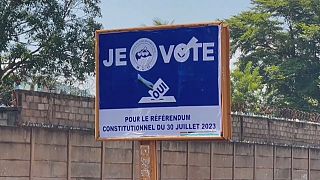
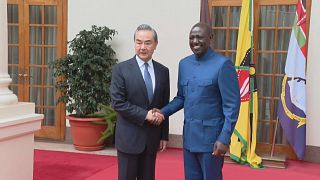
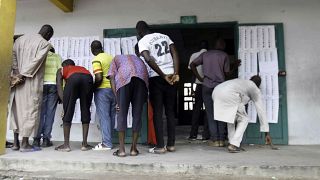
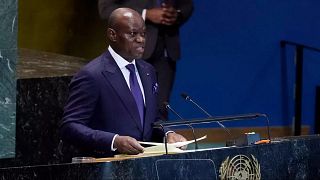
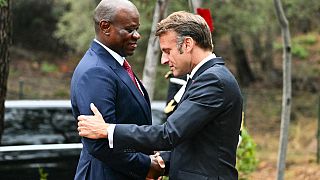




02:55
In Cameroon, Paul Biya's candidacy divides his party
02:21
Ivorian diaspora in Paris demands free and inclusive elections ahead of October vote
01:09
Cameroon’s civil society calls on voters to sanction Biya in upcoming elections
Go to video
Congo's opposition leader kidnapped in Brazzaville
Go to video
Gabon: former president Ali Bongo and family go into exile in Angola
Go to video
Tidjane Thiam plans return as Ivory Coast's opposition PDCI party leader